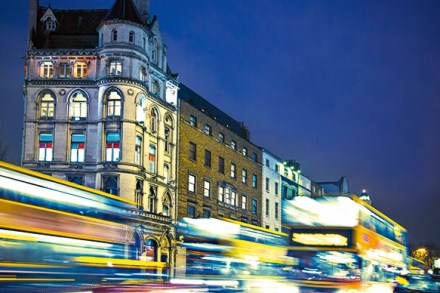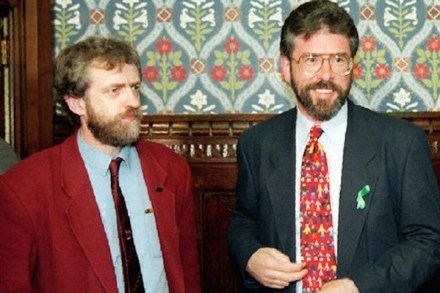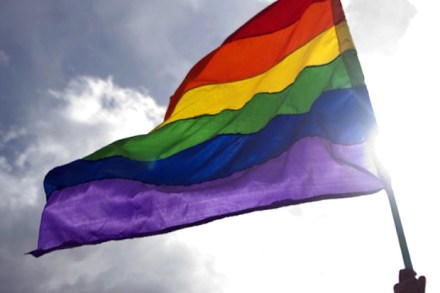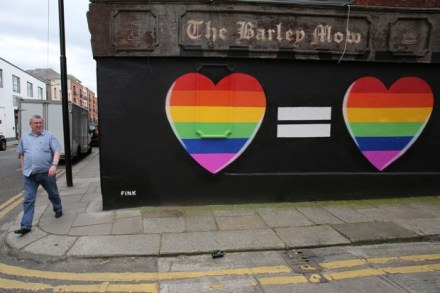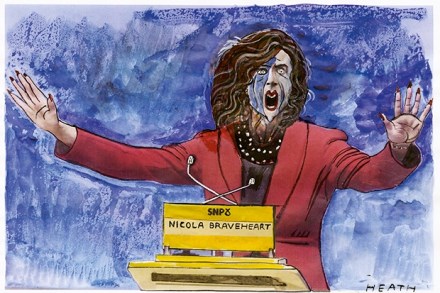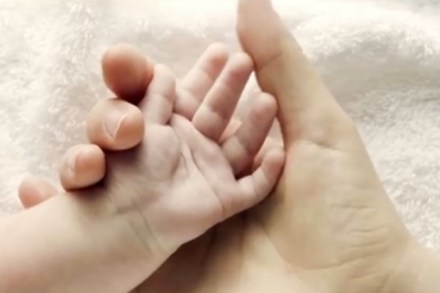Here’s what happens when you create a ‘safe space’ at a pro-life event
You know all that stuff about ‘safe spaces’, places on university campuses where you’re not allowed to say or do anything mean or that could possibly be construed as mean about anyone in case it hurts people’s feelings, especially if you’re a minority of some description? Well, I got the chance to try it out myself the other day. I was at a gathering in Dublin of pro-lifers – I’d been asked to be one of the speakers at their annual event – and it was all going well. There had been a nice young woman talking about hostels for single mothers. There was also a professor of law from




